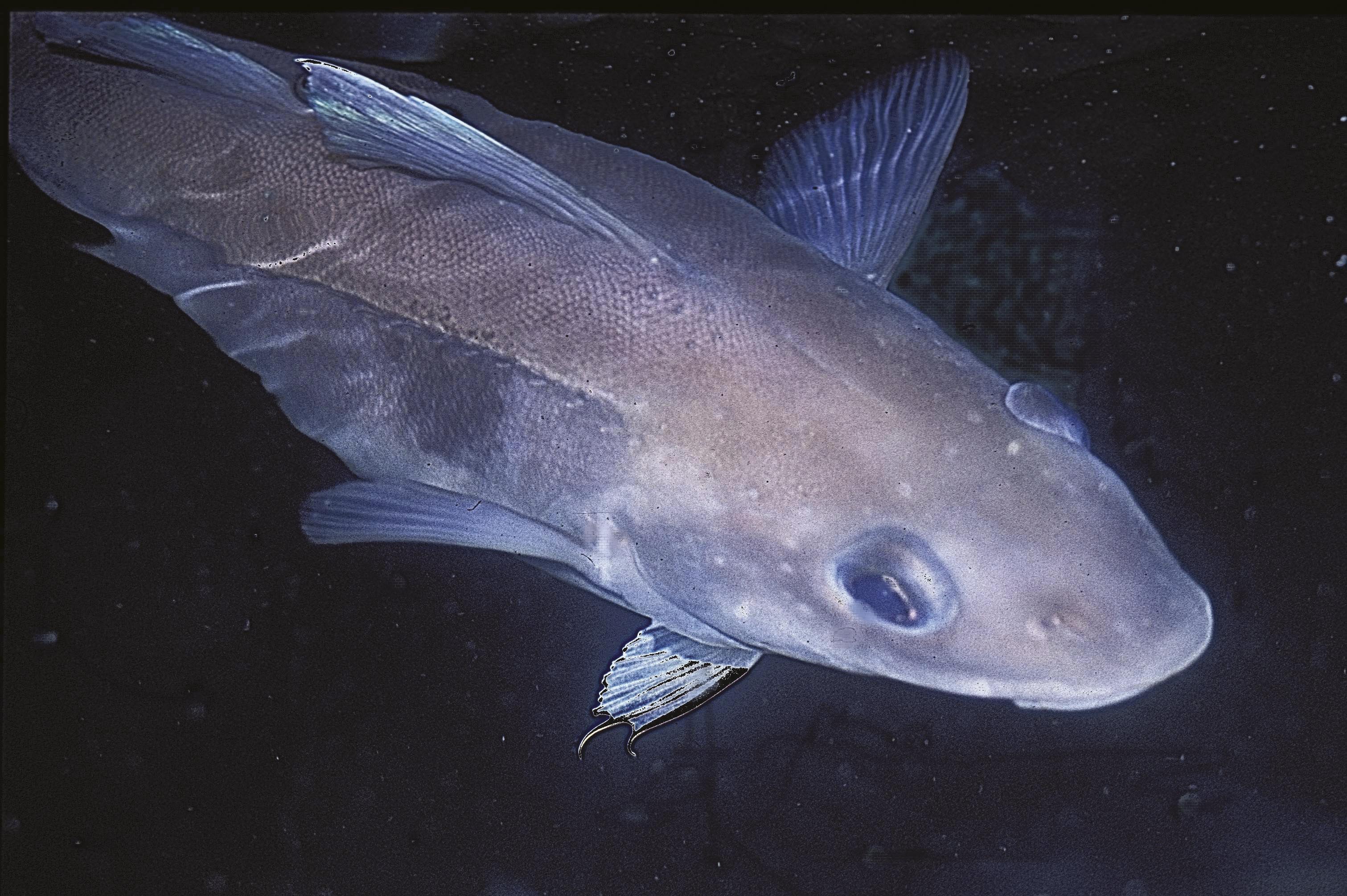Canadian seafood fraud reaches "alarming rate" – survey

THE number of fish fraud cases across Canada has now reached “alarming” levels, according to a leading environmental organisation.
And it is diners who frequent the country’s restaurants who among those being ripped off the most.
The group, Oceana Canada, says it has carried out its latest and most comprehensive survey so far, collecting 382 seafood samples from 177 retailers and restaurants in several cities including Vancouver, Toronto, the capital Ottawa and Halifax, Nova Scotia which regards itself as the headquarters of seafood on the east coast. They found that after DNA testing 44 per cent of the samples had been mislabelled, with the more expensive types of fish the main target. It follows an earlier warning last year.
Oceana said seafood fraud was more than twice as likely to take place in restaurants than in retail stores. Of the 177 food businesses assessed, 64 per cent (114 businesses) sold mislabelled fish. It found fraud in 70 per cent of the restaurants tested (95 out of 136 restaurants) and 46 per cent of the retailers (19 out of 41 stores ).
Examples included flounder being passed off as halibut, Asian catfish labelled as sole or seabass and pollack being described as haddock.
Julia Levin, Seafood Fraud Campaigner at Oceana Canada, said: “Seafood fraud, which describes any activity that misrepresents the products being purchased, is a massive issue, but most Canadians don’t even realize they’re being cheated.
“Beyond economic concerns, seafood fraud creates food safety and health risks, threatens our oceans, cheats honest fishers and vendors, and creates a market for illegally caught fish, which masks global human rights abuses.”
Oceana is now calling for total boat-to-plate traceability. It says the global seafood supply chain is obscure and increasingly complex, with mislabelling and substitutions occurring at every stage.
“A single fish can cross international borders and change hands multiple times before landing on your plate,” said Robert Hanner, associate professor, Department of Integrative Biology, University of Guelph.
“A fish caught in Canada may be shipped to China to be gutted, then taken to the U.S. to be breaded, then ultimately appear on shelves back in Canada, but be listed as an American product. With this complex supply chain, misidentification can happen at any stage.”
“Seafood fraud is a massive issue globally with some estimates suggesting it represents a $70-billion problem worldwide – that’s more than the heroin and firearms trafficking trades combined,”
And Sylvain Charlebois, Professor in Food Distribution and Policy, Dalhousie University, said: “Seafood fraud is a massive issue globally with some estimates suggesting it represents a $70-billion problem worldwide – that’s more than the heroin and firearms trafficking trades combined. Traceability regulations are a crucial first step in increasing accountability and reducing fraud.”

